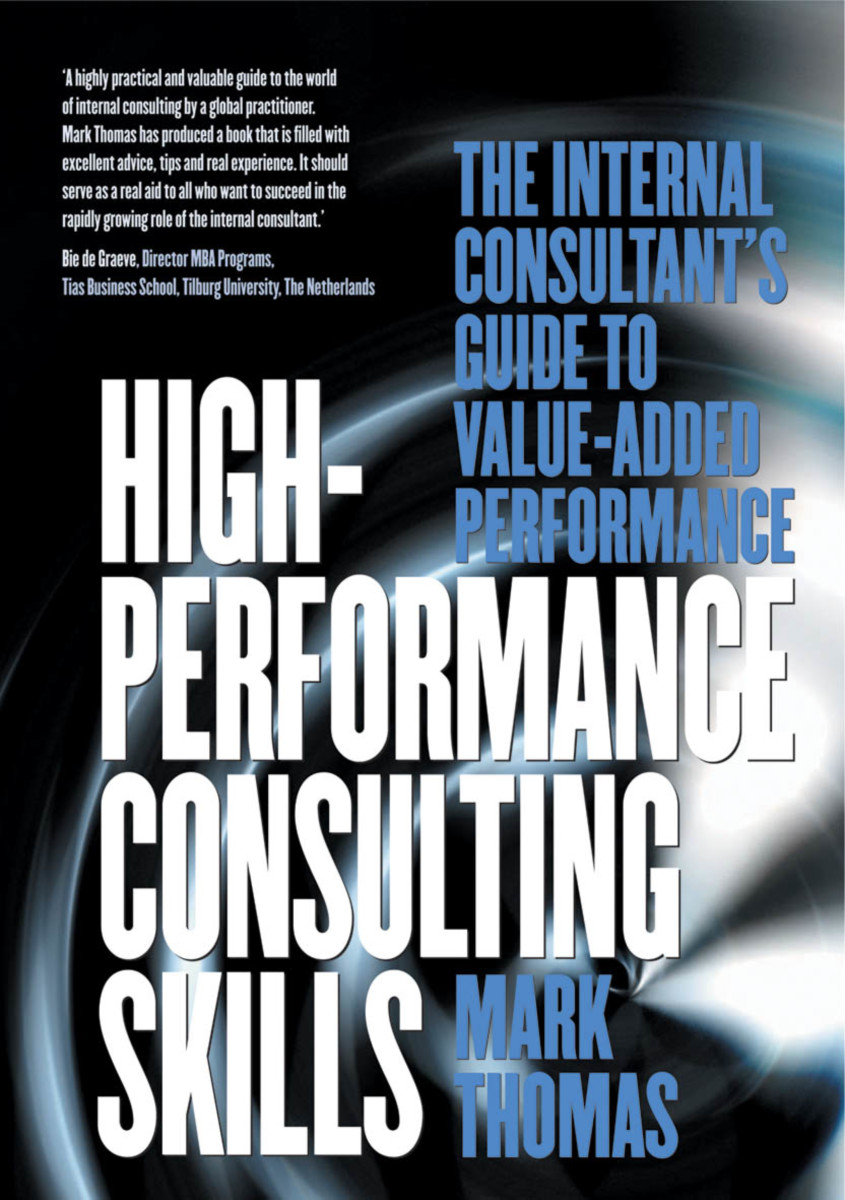
What is the correct way to make a LinkedIn headline. The headline should be outcome-oriented instead of product-oriented, conveying your expertise and building credibility. The headline should include your current job title and the company name. Then, you should mention your unique selling proposition. Here are some tips to make your headline as compelling as possible. Let's take a look at some examples. Your job title, current job, and company name should be included in a LinkedIn headline. The headline should include a call-to action.
LinkedIn headlines focus on outcomes rather than products.
Your headline should include the word "outcome". This will help you stand out among your competitors. Imagine what the customer will experience when they work with you. Is the headline relevant to their experience and expectations? Does your headline convey your expertise and knowledge? Will it get them to choose you over the other candidates? If you are a consultant, writer, or editor, your headline should reflect the things that make you different from others.

For example, Rosi Ross's LinkedIn headline focuses on her experience in digital media. This title catches people's attention and grows interest in her profile, which leaves more room for the "About" section. After writing this headline, she moved to the USA. Her job title is included to draw attention. This strategy helped her land a lucrative job in the USA.
They build credibility
Your headlines must communicate clearly your message, communicate your value and incite action. Although clever headlines can be made with catchy rhymes or unique words, they should not distract from your value proposition. Here are some tips to write a great headline for LinkedIn:
It is important to choose a title that highlights the specialty of your job. Also, a brief summary about your work history can help others see your profile. This will allow them to connect with you. If you have a job title, be sure to include it, and try to focus on the value of the employee and your call to action. If a student doesn't have any experience working and is unable to start work until graduation, it might be hard for them create an effective headline.
They lack a call for action
LinkedIn users are very critical of headlines that don't include a call-to action. In order to get people to read your content, you need to make your headlines more impactful and compelling. Here are some bad headlines.

LinkedIn headlines should include keywords and phrases that potential employees might use to search for them. Below, I used keywords and phrases to describe my business. I also made sure to include at least three keywords that would show up when people are searching for my role. These keywords are vital to your LinkedIn profile. Your headline must be catchy if you want to be discovered by LinkedIn recruiters.
FAQ
How do I get clients for my consultancy business?
First, find a subject you're passionate about. This could be social media or public relations. However, it must be something that you are passionate about. If not, you may have to start small by finding a niche market such as web design. Once you find the right niche, it is important to know what makes it tick. What problems does it solve What problems can it solve? What are the benefits?
You can also try approaching businesses directly - perhaps they need someone who understands SEO or content creation, or maybe they just want to know where to go for advice on social media strategy.
If all else fails offer your services for free at networking events and conferences. You'll get to know many potential clients without spending money advertising.
How much does it cost to hire a consultant?
There are many factors that influence the price of consulting services. These include:
-
Project size
-
Time frame
-
Scope of work
-
Fees
-
Deliverables
-
Other considerations like experience level, geographical location, etc.
Is it possible to start a consultancy from home?
Absolutely! Indeed, many consultants already do this.
Working remotely is a common way for freelancers to work. They use tools like Skype, Trello (Slack), Trello, Basecamp and Dropbox. They may even create their own office space in order to take advantage of company perks.
Freelancers may prefer to work in libraries or cafes rather than in traditional offices.
Some choose to work remotely because they are surrounded by their family.
There are pros and cons to working remotely. However, if you love what you do, it is worth considering.
How much should you charge as a consultant?
It depends on your offering. If you're providing services for free, there is no reason to charge anything. If you're selling products or services however, prices should be determined based on their value.
If you're providing low-quality service, you don’t have anything to offer. Why would anyone pay anything for you?
You may be able to ask for a higher price if you offer high-quality services. This is because people know the value that you provide. It is possible to offer discounts to clients who order multiple packages.
What is a consultant and what are their responsibilities?
A consultant is someone who provides services for other people. It's not a job title. A consultant is a role that helps others achieve their goals. This is done by helping others understand their options and making the right decisions.
Consultants are skilled at solving problems and overcoming challenges that can arise during projects. They provide advice and guidance about how to implement those solutions.
Consulting should be able address questions related to law, finance and technology.
What can I expect from my consultant?
When you choose your consultant, they should respond within a few working days. They will usually ask for information about your company, including its mission, goals, products, services, budget, etc. Next, they'll provide a proposal describing the scope and estimated time frame, fees, deliverables or milestones, as well as an estimate of costs.
If everything is in order, then the parties will enter into a written contract. The type of relationship between them (e.g. employer-employee or employer-independent contractor) will determine the terms of the contract.
If everything goes well, the consultant should start work immediately. S/he will have access to your internal documents and resources, and you'll have access to his/her skills and knowledge.
But don't assume that anyone who is a consultant has all the answers. It takes practice and hard work to become an expert in the field you are consulting. Your consultant should not assume that they know everything about you business.
What qualifications does a consultant need?
It's not enough just to have an MBA degree; you must also demonstrate experience working as a business consultant. You should have at least two years of experience in consulting and/or training for a major company.
You should have had experience working with senior management to create strategy. This means you'd have to be comfortable presenting ideas to clients and getting buy-in.
Additionally, you will need to pass a professional qualification such as the Chartered Management Institute Certified Management Consultant (CMC).
Statistics
- According to statistics from the ONS, the UK has around 300,000 consultants, of which around 63,000 professionals work as management consultants. (consultancy.uk)
- WHY choose me: Why your ideal client should choose you (ex: 10 years of experience and 6-week program has helped over 20 clients boost their sales by an average of 33% in 6 months). (consultingsuccess.com)
- According to IBISWorld, revenues in the consulting industry will exceed $261 billion in 2020. (nerdwallet.com)
- So, if you help your clients increase their sales by 33%, then use a word like “revolution” instead of “increase.” (consultingsuccess.com)
- Over 62% of consultants were dissatisfied with their former jobs before starting their consulting business. (consultingsuccess.com)
External Links
How To
How can I find a good consultant for my business?
It is important to understand what you are looking for in a consultant before you can find one. What do you need them to do for your website? Are you looking for them to help optimize your website to rank higher on search engines? Perhaps you simply need someone to tell you if your current host provider is having issues. You need to know what kind of services you want, and then you can begin looking at other companies. While there are many consultants that claim to be able provide these services for you, not all of them will. How do I choose one? Here are some things to consider when picking a consultant:
-
Get recommendations. This is the best way to select a consultant. Because you are likely to pay too much, you shouldn't hire someone who you have never heard of. But you also don't want to work with someone whose reputation isn't solid. You're fortunate enough to receive referrals from people you trust. You can check online reviews even if they don't refer you. Seek out testimonials from satisfied clients.
-
Ask around. Many people aren't aware that they could benefit from hiring a consultant. People believe they don't have to make any changes because they are currently doing well. However, this is usually untrue. Even if you're getting great results right now, chances are that you haven't been keeping up with new trends or technologies. Your business could be missing out if it relies on outdated methods. It is always worthwhile to ask around for recommendations of good consultants.
-
Check their qualifications. You don't need to worry about whether they are building a website or an eCommerce store worth millions. Make sure that they're qualified to perform the tasks you need to be done and that they have sufficient expertise in the area.
-
Find out what type of projects they are skilled in. Although it might seem like everyone can do everything, this is not true. Certain areas may require special training or education. For example, if you need someone to build a WordPress theme, you won't want to hire a developer who specializes in Drupal. It is the same for programming languages, graphic design, and so on. Be sure to ask what kinds of projects they typically work on.
-
You should know their prices. As we mentioned, it is important to know what they charge. However, you don't need to pay too much. Consultants come in all shapes and sizes. Some bill hourly, while others are charged per project. This will help you save money in the long-term.
-
Know what they offer. Do they offer free consultations? Can they provide advice on how to setup your own system? Do they promise that your site will rank higher once you have worked with them? If you don’t like the information you receive during your consultation, you can cancel it without penalty.
-
Find out if the company offers discounts for several months or years. Many consultants offer discounts for longer periods. While you don't necessarily need to commit for a whole year, you can still take advantage of any deals that they offer.